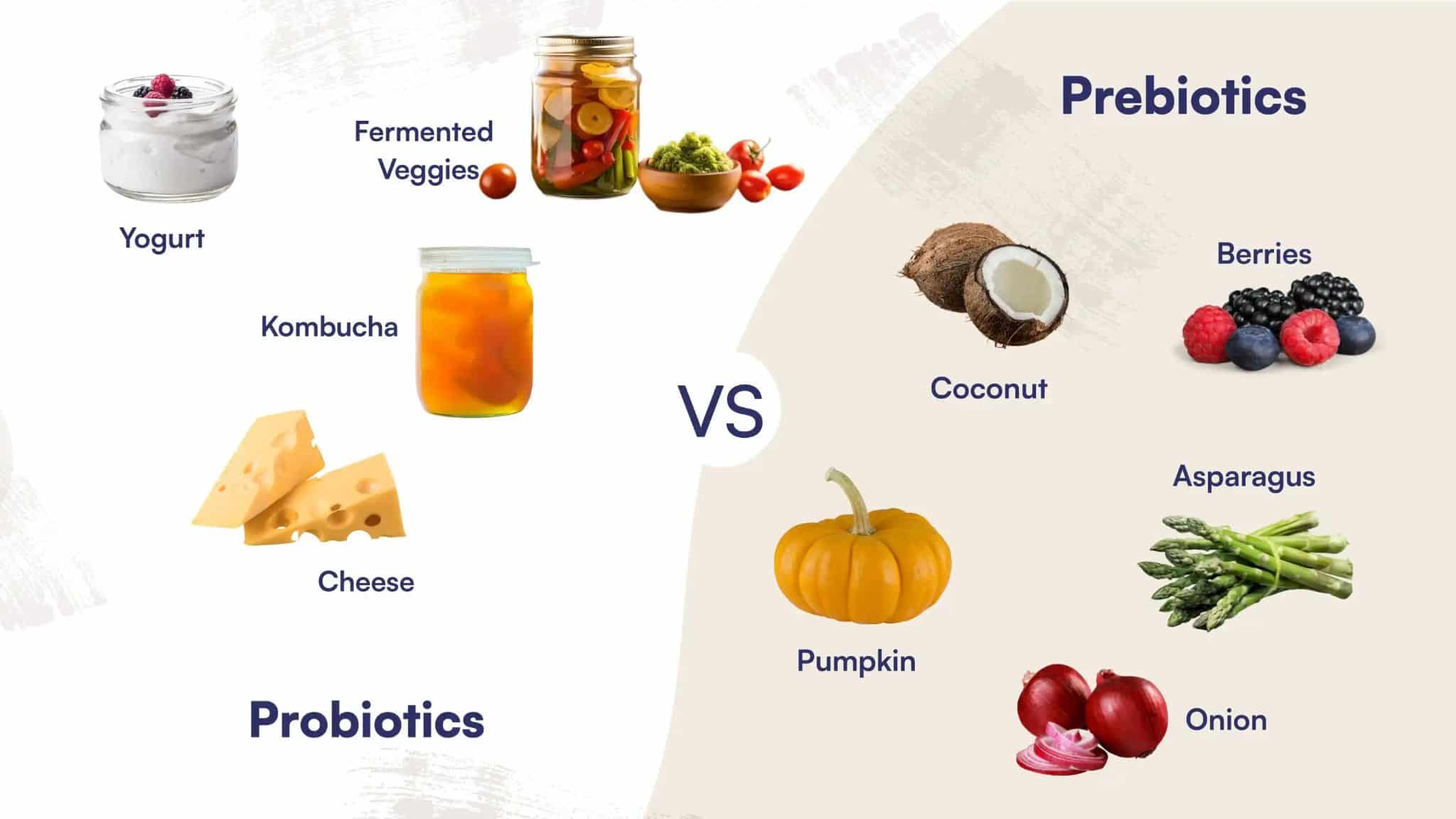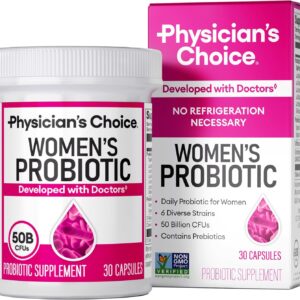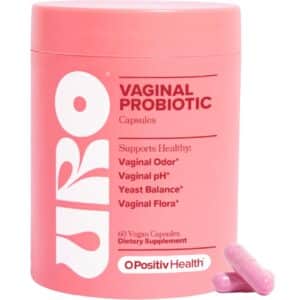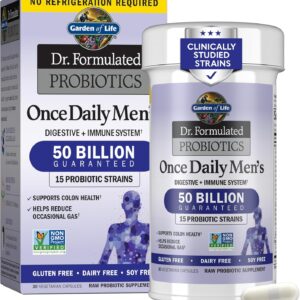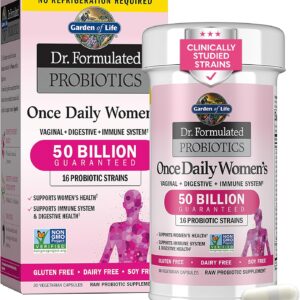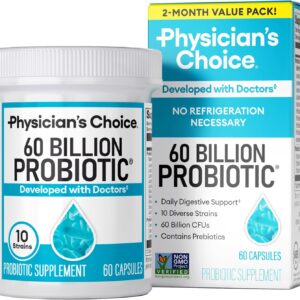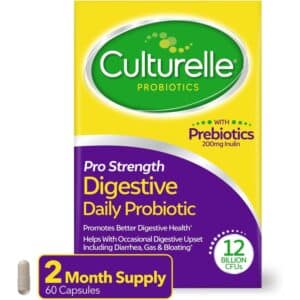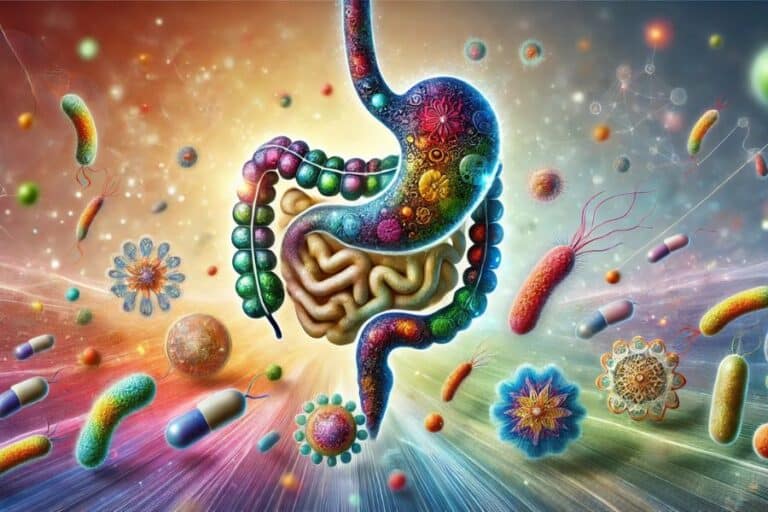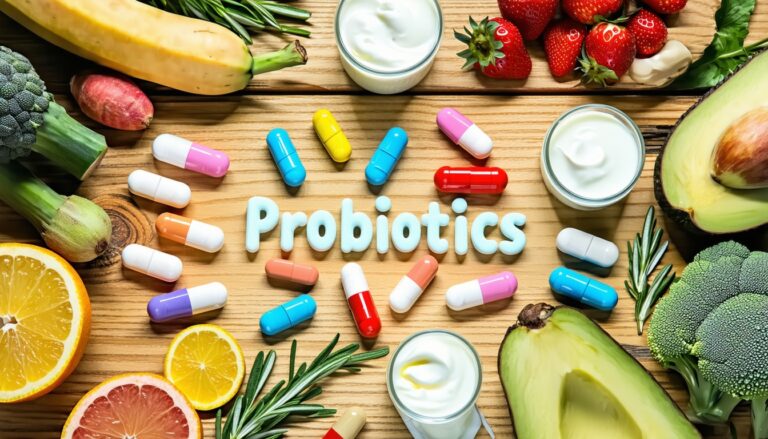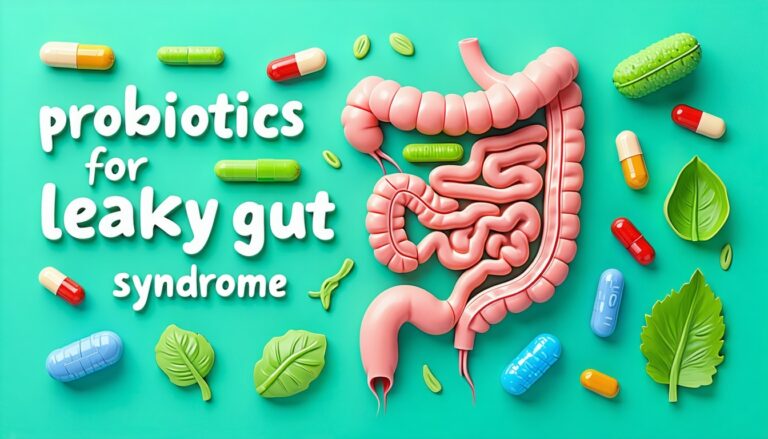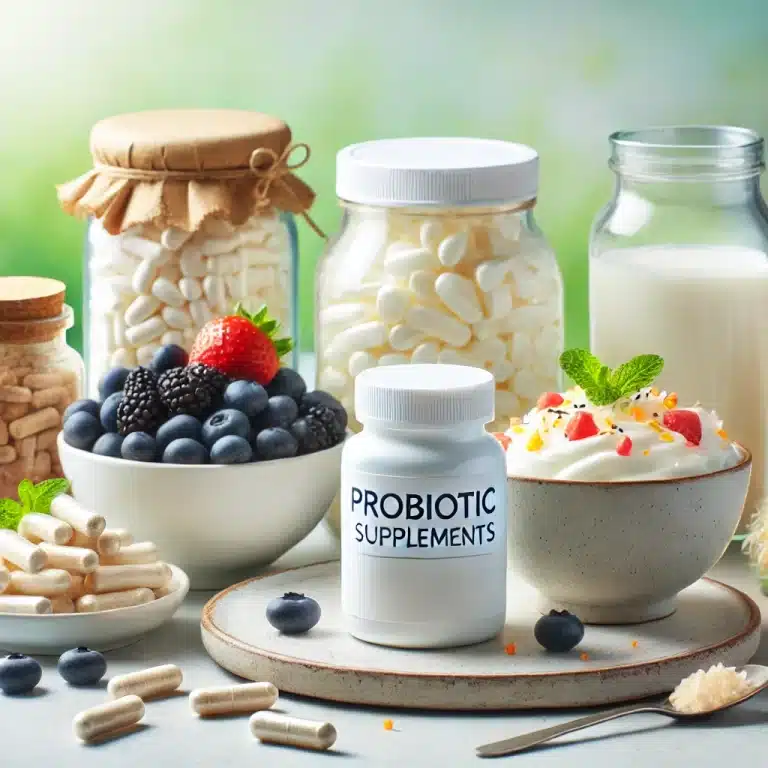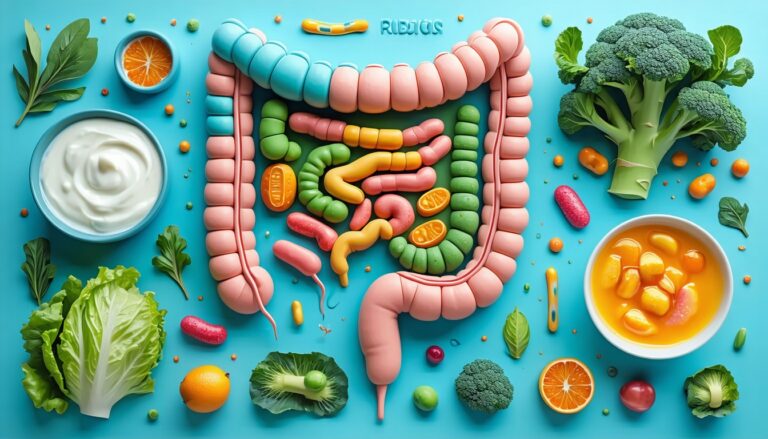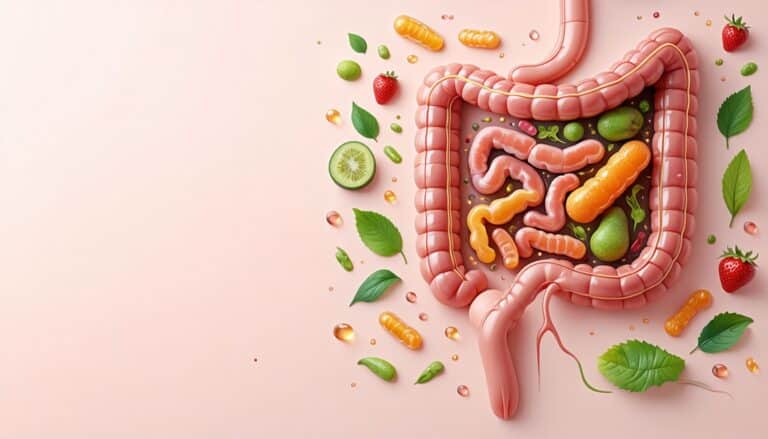Prebiotic vs Probiotic—it’s a common point of confusion when it comes to gut health, but knowing the difference can be a game-changer for your digestive well-being. Your gut is home to trillions of bacteria that influence everything from nutrient absorption to your immune system. Probiotics are the live “good” bacteria you add to your system, while prebiotics are the fuel that feeds them. Together, they form a powerhouse duo that helps you maintain balance, reduce inflammation, and support overall health. This article breaks down what each does, where to find them, and how to use them effectively for optimal gut function.
Understanding Gut Health
Importance of Gut Microbiome
Your gut is home to a bustling community of tiny organisms, numbering around 100 trillion. They’re like the little helpers of your body, ensuring your digestion, metabolism, and immune system keep humming along smoothly. Most of these microscopic buddies are bacteria, and they’re key players in absorbing nutrients and dialing down inflammation. When life throws your gut off balance—maybe from stress, diet, or illness—probiotics can swoop in to save the day, replenishing the good guys and keeping things on track. Harvard Health Publishing highlights how these probiotics are your gut’s own team of reinforcements.
A happy gut community churns out stuff like vitamin K and short-chain fatty acids, crucial for keeping out unwelcome visitors such as harmful substances, viruses, and those dodgy bacteria. This not only keeps inflammation in check but might also steer you clear of illnesses like cancer, according to Healthline.
To see how your gut is doing right now, here’s a quick glance at some benefits of having a tip-top microbiome:
| Benefit | What’s Happening |
|---|---|
| Nutrient Absorption | Gut microbes help break down grub so you can get the good stuff. |
| Immune System Support | They beef up the gut wall, standing guard against germs and bolstering your immune army. |
| Inflammation Reduction | A balanced gut can quell the flames of inflammation for broader health perks. |
| Potential Disease Risk Reduction | A robust gut can fend off stomach woes and other nasties. |
Including probiotics and prebiotics in your meals gives your gut bacteria a boost, which is key for hanging onto a healthy balance in your belly. Want to know more about how to keep your gut in tip-top shape? Check out our pieces on probiotics for gut health and digestive probiotics for more goodies.
Probiotics Explained
Probiotics are tiny but mighty live bacteria that can boost your health when you eat them. Think of them as the “good guys” in your gut, helping keep things balanced down there.
Benefits of Probiotics
Adding these helpful organisms to your meals can do wonders for your tummy and more. Here are some perks:
| Perk | What it Does |
|---|---|
| Better Tummy Health | Probiotics can ease issues like constipation and a wonky tummy (upset stomach). |
| Boost Your Defenses | These good microbes can give your immune system a helping hand in fighting off illness. |
| Eases IBS Problems | For those with Irritable Bowel Syndrome, probiotics may relieve the bloating and discomfort that come with it. |
| Keep Your Gut Happy | Probiotics keep things balanced by promoting good bacteria and stopping the bad ones (Healthline). |
To dive deeper into how probiotics can help you feel better, check our piece on probiotics for gut health.
Sources of Probiotics
You’ve got choices when it comes to getting these good guys into your system, from tasty foods to easy supplements:
| Where to Find | What to Look For |
|---|---|
| Tasty Fermented Foods | Grab some yogurt, kefir, sauerkraut, kimchi, miso, or tempeh—they’re all loaded with probiotics that can help balance your gut. |
| Handy Supplements | If you prefer, probiotics come in pills or powders—super easy! Just make sure you choose high-quality probiotics for the best results. |
Whether you munch on natural goodies or pop a supplement, probiotics can help your digestion dance in harmony with the rest of you. Curious about the connection between probiotics and a happy belly? Check our article on probiotics and digestion.
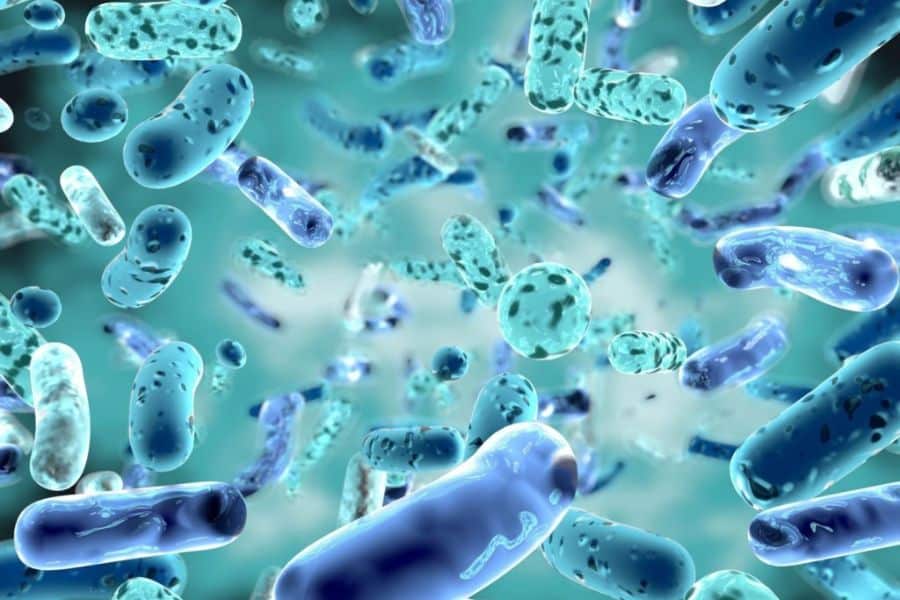
Prebiotics Unveiled
Curious about prebiotics and their role in gut health? Let’s jump into what they are and where you can find these nifty nutrients in everyday foods.
Role of Prebiotics
Think of prebiotics like the snack stash for your gut’s friendly bacteria. They’re special plant fibers that your body skips digesting, but your gut bacteria revel in them, growing in numbers thanks to this feast. And what does that do for you? It fine-tunes your gut’s harmony, keeping your digestion running smooth like butter. All this goodness adds up to not just a happy gut, but a healthier you overall (Children’s Hospital of Philadelphia).
Prebiotics are like little heroes—working behind the scenes to power up colon cells, rev up immune systems, create a protective mucus shield, and even lower inflammation (Brown Health). They’re like the BFFs of probiotics, making sure everything in your gut community is peachy.
Food Sources of Prebiotics
Want to toss some prebiotics into your meals? It’s a piece of cake with these tasty options:
| Food Source | Prebiotic Type |
|---|---|
| Chicory root | Inulin |
| Bananas | Inulin and Fructooligosaccharides |
| Garlic | Fructooligosaccharides |
| Onions | Fructooligosaccharides |
| Asparagus | Inulin |
| Artichokes | Inulin |
| Legumes (beans and lentils) | Oligosaccharides |
These goodies don’t just fuel your gut gang—they’re chock full of vitamins and minerals too. Adding these into your menu isn’t just tasty; it’s like giving your gut a high-five. Curious about how probiotics can team up with these prebiotics? Dive into our scoop on probiotics for gut health.
Want to squeeze out even more benefits? Mix up your diet with some probiotic supplements for gut health to complete the dynamic duo of prebiotics and probiotics. It’s a one-two punch for that gut balance, keeping everything A-OK inside. For more gut wisdom, head over to our prebiotics for gut health section.
The Gut Team-Up
Getting to know both probiotics and prebiotics can work wonders for your belly. These two are like the buddy cop duo of gut health; they need each other to keep your insides happy.
Probiotics Meet Prebiotics
Ever heard of “synbiotics”? It’s when probiotics and prebiotics join forces. Prebiotics, basically plant fibers, are like a buffet for the good bugs in your gut. Probiotics, on the other hand, are those live bugs that make your gut feel good (Mayo Clinic). Eating both is like rolling out a red carpet for gut bacteria.
Here’s a quick list of foods that’ll help you out:
| Type | Food Sources |
|---|---|
| Probiotics | Yogurt, Sauerkraut, Kimchi |
| Prebiotics | Chicory root, Bananas, Garlic, Onions, Asparagus |
Stick these into your meals, and you’re setting up an all-you-can-eat feast for good bacteria. This happy pairing can make digestion smoother, fire up your immune system, and just make you feel great all around. Want to dive deeper into probiotics? Check this out: probiotics for gut health.
Getting That Gut Groove
Keeping your gut in check isn’t just for show — it’s key for feeling top-notch. You’ve got around 100 trillion little critters in there, and you want most of them to be the good guys (Harvard Health Publishing). If not, you might face a cranky tummy, low energy, or even feel a bit down.
To get that gut groove going, munch on fiber-rich foods. Think onions, garlic, artichokes, and beans. They’re like superfood for the beneficial bugs. And don’t forget the probiotics! Stuff like yogurt and other fermented bites can help replenish those friendly bacteria.
Eager to know about probiotic supplements that can make your gut smile? Swing by our article on probiotic supplements for gut health. With these food swaps, you’re not just feeding your gut but supporting its natural rhythm for better digestion and a happier you.
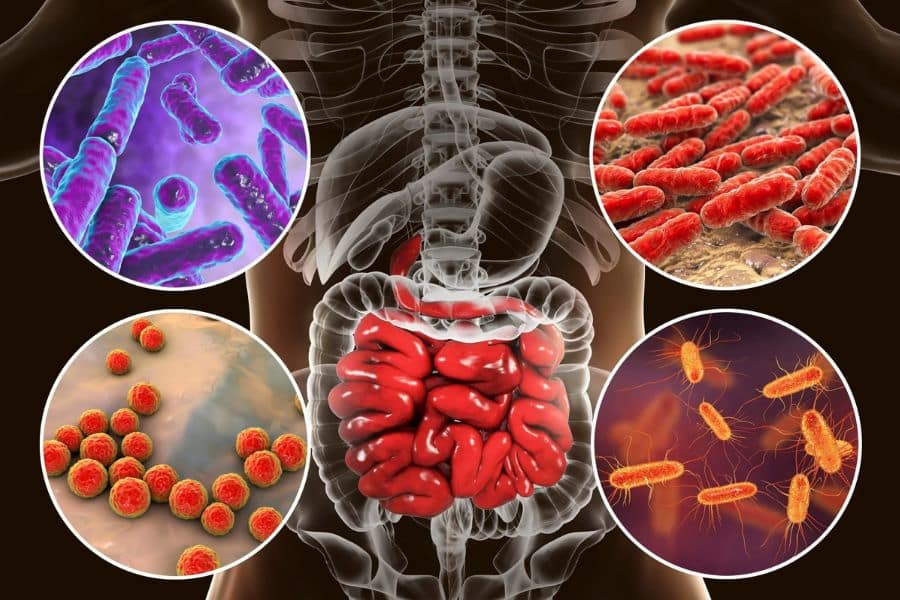
Health Benefits
Impact on Digestive Health
Probiotics are tiny helpers for your digestive system. They ramp up good bacteria and shoo away the bad ones, keeping your gut in tip-top shape. Whether you’re battling bloating, hiccups in your gut, or trips to the bathroom that leave you crying out for help, probiotics have got your back.
| Digestive Benefit | Description |
|---|---|
| Reduced Bloating | Probiotics can ease that balloon feeling in your tummy. |
| Regulating Bowel Movements | They help you keep a steady routine—no more surprises! |
| Gut Infection Prevention | They arm your gut with defenses against nasty invaders. |
Got any belly grumbles? Check out digestive probiotics that could be your gut’s new best friend.
Potential Benefits for Overall Well-being
Probiotics aren’t just gut experts—they’re like wellness fairy godparents. Studies show a happy gut might just sprinkle magic dust on your immunity, cut down inflammation, and make your brain cheerier.
Teaming them up with prebiotics is like putting a cherry on top. Prebiotics fuel your probiotics, making them ready to rock and roll in your belly. Together, they could turn your metabolism into a calorie-busting machine (Brown Health).
| Overall Well-being Benefit | Description |
|---|---|
| Enhanced Immune Function | A gut populated with good bugs could boost your body’s defenses. |
| Reduced Inflammation | Heroes in fighting off inflammation storms. |
| Improved Mental Health | Some whispers even suggest they can clear the brain fog and lift your spirits. |
Ready to see what these little powerhouses can do for you? Take a peek at probiotic supplements for gut health.
For a happy belly, feast on fiber-rich goodies like fruits and veggies, plus fermented treats. Need more juicy tidbits? Dive into our pieces on probiotics and digestion and prebiotics for gut health. Give your gut some love!
Considerations and Risks
Getting a grasp on the difference between prebiotics and probiotics can really help you boost your gut health game. While they both have their perks, knowing the potential hiccups and how to use them safely can save you a lot of trouble.
Safety Precautions
By and large, prebiotics and probiotics won’t cause you harm if you’re healthy. According to the CDC, serious side effects don’t pop up often. Still, here are some things to watch out for:
- Ease In: New to prebiotics or probiotics? Don’t dive in headfirst; start with baby steps to help your stomach get used to them.
- Get a Check-Up: Got health issues, especially with your immune system or gut? Better bounce your plans off a doc before starting anything new.
- Keep an Eye on How You Feel: Watch out for any tummy troubles like bloating or gas. If they don’t go away, stop using these products and chat with your doctor.
According to the Mayo Clinic, some people might feel a bit of a digestive rumble when starting probiotics and prebiotics. Special care is needed for tiny humans like preemies since some probiotics aren’t great for them.
Balancing Prebiotic Intake
Getting your prebiotic foods to play nice with your gut is key. Prebiotics nourish the good bug community in your belly and keep your digestion and overall health in tip-top shape. Here are some handy pointers:
- Take It Slow: Take your time when adding prebiotic foods to your meals. That way, you can steer clear of digestive woes and soak up those gut-loving benefits. Harvard Health Publishing gives a thumbs-up to slowly increasing your intake so your body settles in comfortably.
- Mix It Up: Bring in a mix of prebiotic foods like onions, garlic, bananas, and asparagus. That variety feeds a happy and healthy gut community.
- Partner Up with Probiotics: Eating prebiotic and probiotic foods together helps keep the peace between the good and the not-so-good bacteria in your belly (Brown Health).
Getting prebiotics and probiotics on the same team in your diet can supercharge your gut health, creating a dream team that keeps your digestion running smoothly. For more gut-loving tips, don’t miss our article on probiotics for gut health.
Final Thoughts
Understanding the difference between prebiotics and probiotics is essential for anyone looking to improve digestive health naturally. While probiotics introduce beneficial bacteria into your gut, prebiotics provide the nourishment they need to thrive. The best results come from combining the two—through a mix of fiber-rich whole foods and fermented products—to create a thriving, balanced microbiome. As with any health strategy, start slowly, pay attention to how your body responds, and consult a healthcare provider if you have underlying conditions. Your gut will thank you!
Frequently Asked Questions (FAQ)
What is the difference between prebiotics and probiotics?
Probiotics are live beneficial bacteria that help restore the gut’s natural balance, while prebiotics are plant-based fibers that serve as food for those good bacteria. You need both for a healthy digestive system.
Can I take prebiotics and probiotics together?
Yes! When taken together, they are called synbiotics. This combination enhances the effectiveness of probiotics by feeding them with prebiotics, improving digestion and overall gut health.
What are the best food sources of probiotics?
Some top probiotic-rich foods include yogurt, kefir, sauerkraut, kimchi, miso, and tempeh. These fermented foods naturally contain live cultures that benefit your digestive system.
What foods are high in prebiotics?
Prebiotic-rich foods include chicory root, garlic, onions, bananas, asparagus, and legumes. These are high in specific fibers that support the growth of beneficial bacteria in the gut.
Are there any side effects to taking prebiotics or probiotics?
Most healthy individuals can take them without problems. However, some people may experience bloating or digestive discomfort when first starting. It’s best to introduce them gradually and consult a doctor if you have immune or gastrointestinal conditions.
Do I need supplements, or can I get enough from food?
While many people get sufficient amounts from food, supplements can be helpful if your diet lacks variety or you’re recovering from illness. Quality matters, so choose high-grade probiotic and prebiotic supplements when needed.
